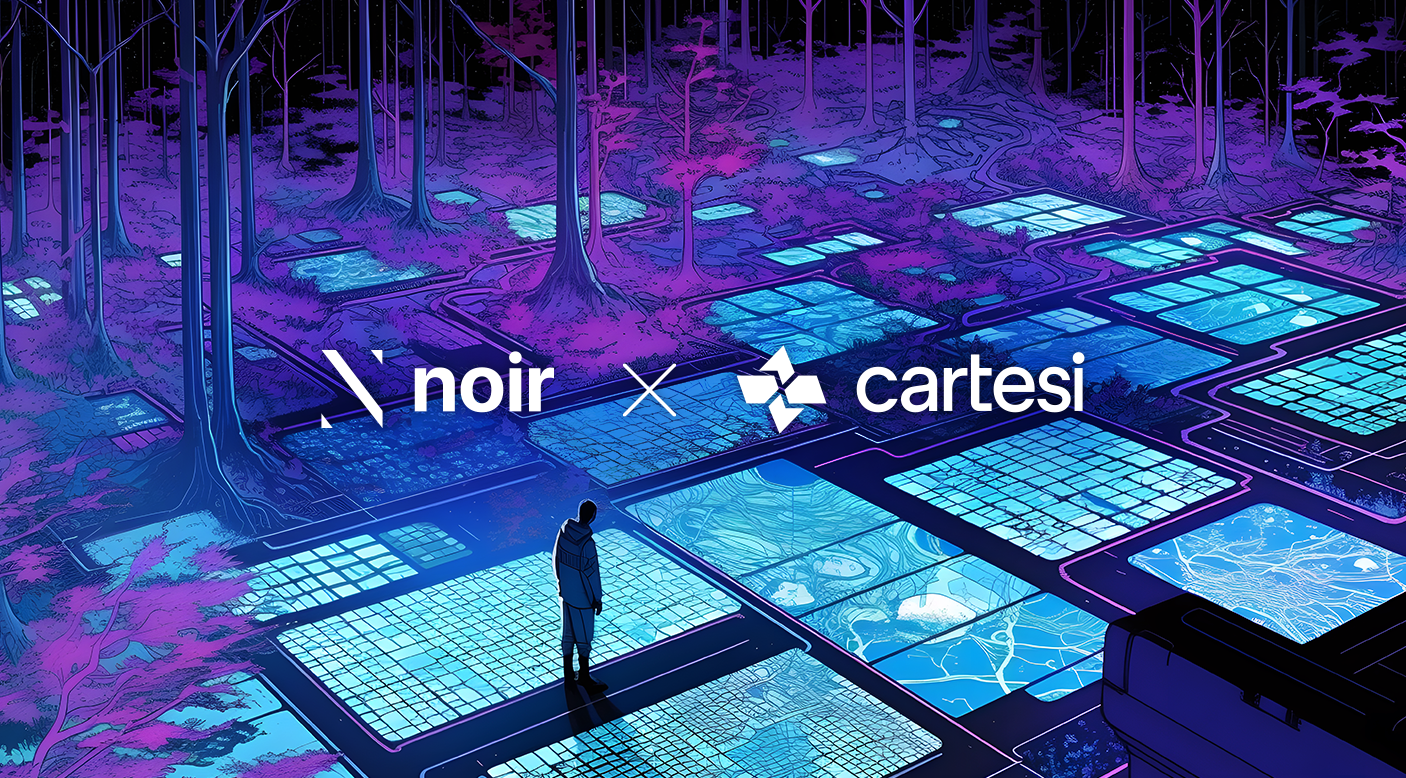Technological advancements have created countless revenue streams for talented creators, but the advancement of metaverse technologies begs an important question: will the intellectual property (IP) rights of artists and creators be preserved in our exciting new Digital Age? And if so, how exactly?
How Existing IP Laws Protect Creators
Intellectual property refers to ideas that can be protected by patent law, including physical inventions and artistic creations: books, movies, songs, brand names, logos, taglines, etc.
Existing IP laws allow the creators of such works to both profit from them when they’re sold and licensed, and protect them – with patents, copyrights and trademarks – from abuse. Needless to say, the internet is awash with copyright infringements, from illegal live sports streams to films, audiobooks, software programs, albums, and video games.
Enforcement is generally carried out through self-policing and dispute resolution processes on various platforms (YouTube, Twitter, etc), with bodies such as the World Intellectual Property Organization (WIPO), an agency of the United Nations, also enforcing claims.
Protecting IP in Virtual Reality
If the metaverse is to succeed as a concept, it must empower creators. And creators will not be empowered if their intellectual property rights are not preserved in this new frontier.
Some contend that IP rights will be enforced as they currently are, through the Terms of Service/Content Policies published by each respective metaverse platform. But what if the metaverse becomes a vast, interconnected, interoperable landscape? Will there be an overarching Terms of Service that expressly protects creators’ rights?
Of course, we are some way off achieving an interoperable metaverse utopia. As things stand, the recourse available to IP owners in the metaverse are similar to those in the real world: you can technically bring a lawsuit against anyone who infringes on your rights. Many people will not want to go down this road due to the expense, but it is possible.
A quicker solution to infringement is to simply appeal to the metaverse platform itself. The Sandbox, to take one example, is governed by a Terms of Service that expressly prohibits users from uploading or displaying user content that violates intellectual property rights. This metaverse thus has the authority to moderate and review user content (assets, games, etc) and terminate the accounts of those deemed to have infringed another’s IP rights.
Other metaverse platforms have a different system of governance, principally DAOs. These organizations, which favor a community voting system, could be tasked with identifying and weeding out copyright infringements in the metaverse: fake artworks, for example. Oftentimes, however, votes have to pass a certain threshold to be passed. If enough members don’t vote, will IP infringements go unpublished?
Intellectual property rights are clearly vital for creators. They’re also important for the metaverse, which is positively teeming with avatars, tokenized objects, land parcels, etc. And the question of how IP rights will be protected is being asked more and more. Recently, the National Law Review put the topic under their microscope, noting that businesses should “reevaluate their patent protection and enforcement strategies” in light of metaverse advances.
Of course, the great thing about blockchain technology is that it is public. It is quite easy to spot a counterfeit digital good simply by cross-checking with the public ledger. Nonetheless, creators will want to know that their labors of love cannot easily be abused – and that there is a robust system in place to both prevent such abuse and quickly punish it when it occurs. For the time being, it will be up to different metaverse platforms to make such assurances.









